
The second installment of book recommendations from industry experts.
Here are more suggestions from wealth management executives and industry experts that advisers should not miss. These books will help planners buttress their practices and client strategies, while satisfying their literary appetite.
Click through our slideshow to find out which title should be your next beach read.
Read more:
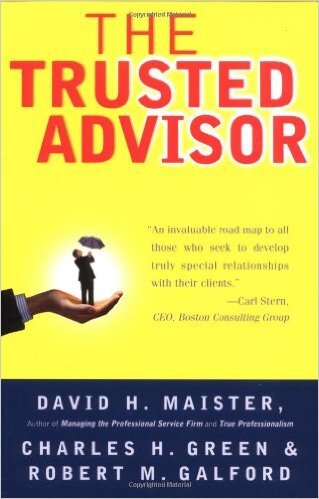
The Trusted Advisor, by David H. Maister, Charles H. Green & Robert M. Galford
"This transformational book is a must read for every financial adviser. The authors build a case and then lay out the framework for transitioning from 'vendor' to 'trusted adviser.' Initially the scope of most adviser-client relationships is typically transactional and limited in nature. Over time, advisers can move along the spectrum from service-based to needs-based to relationship-based and ultimately to pinnacle trust-based relationships. Benefits to such a metamorphosis include: referrals, less busywork and greater fulfillment. It is rare to find a truly trusted financial adviser; this book challenges readers to strive for this higher calling."

In Search of the Perfect Model, by Mary Rowland.
"It's the kind of stuff no one ever talks about during your financial planning education. This book is a good way for new planners to get a feel for different practice management models. Each chapter profiles a different financial planner who grew a successful practice, sometimes after failure and hardship. It has a lot of 'aha' moments that push my buttons and help me define the kind of financial planner I want to be."

Blue Ocean Strategy, by W. Chan Kim & Renée Mauborgne
"Blue Ocean Strategy provides a practical toolkit to help address the ever-changing landscape and helps envision a business that delivers value innovation. This book is well worth the time for any adviser looking to evolve their practice to fill the growing gap between demographic trends and needs of wealth owners."

How to Stop Worrying and Start Living, by Dale Carnegie
"This book is so inspirational and offers great tips for being less worried and more productive. The real-life stories are inspiring and heart-warming. It has an old-fashioned tone to it since it was written in 1948, but I never get tired of reading it."
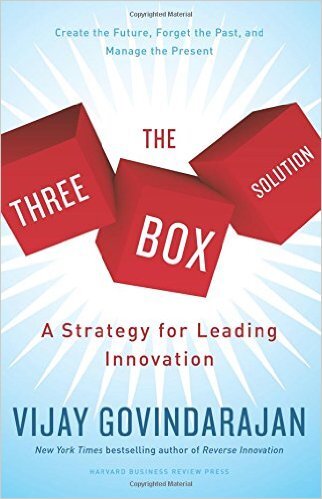
The Three Box Solution, by Vijay Govindarajan
“This should be a required reading for every CEO and business owner – especially those who are successful. The book might be too wordy in places but the message and case studies are spot on."

Lords of Finance, by Liaquat Ahamed
"I’m currently re-reading this book. It’s about the period between the world wars and the interactions between the four most significant central banks of that time. The writing is great and the similarities between then and now are enlightening and unnerving."

Crucial Conversations, by Kerry Patterson, Joseph Grenny, Ron McMillan and Al Switzler
“In my practice, I speak with women in transition and widows and, at times, the conversation is intense. I have found this book is more than just about improved communication skills – it’s about effective human interaction and getting results we want with people.”
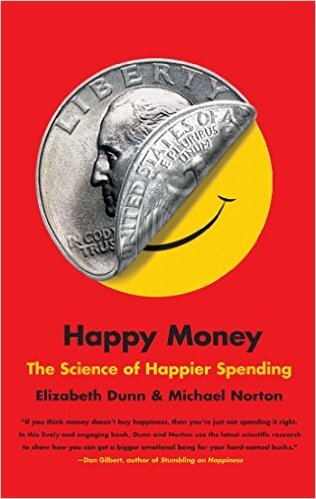
Happy Money, by Elizabeth Dunn & Michael Norton
"This book has fascinating stories about scientific studies relating to people's emotions when spending. There are lots of jokes throughout the book to make the topic of spending a lighthearted subject. Advisers can learn how to coach clients on how to spend money to become a little happier."

The End of Alchemy, by Mervyn King
"An insider's view on the role and evolution of central banking in the last 20 years, the author outlines in plain language how central banks operate, the economic theories that frame those operations and how monetary policy have changed as conditions have changed."

A Random Walk Down Wall Street, by Burton G. Malkiel
“Sometimes revisiting a classic work like Malkiel’s can pay real dividends. Written in a highly accessible style, this book is a pleasure to read, particularly the early chapters detailing the history of market bubbles and busts. For financial pros, some of the later chapters may come off as a bit basic. But it’s important to review the fundamentals from time to time, and Malkiel’s skeptical, well-researched take on investing is worth seeing in action. Take a walk down the beach with Malkiel!”
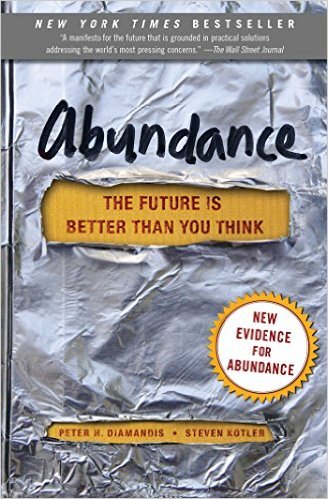
Abundance, by Peter H. Diamandis and Steven Kotler
"I recommend this book because the authors actually shed light on all the good things going for us instead of what's wrong and how things are getting worse."

Fierce Conversations, by Susan Scott
“Whether it is a tough conversation with co-workers, telling a client they don't have enough money to keep up with spending, or facing personal issues with those they love, successful financial planners need to know how to communicate with respect, grace and with an eye toward resolution. This book provides great tools to improve communication skills.”
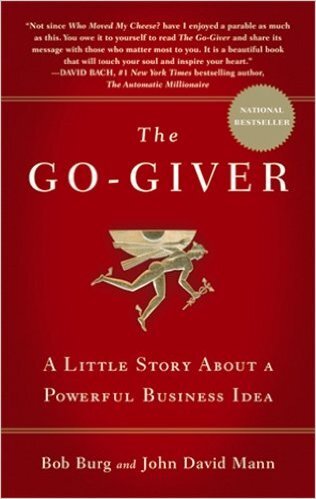
The Go-Giver, by Bob Burg and John David Mann
"This book is awesome for fellow planners because it reminds us of why we love what we do every day. The value we can provide as true financial planners can be life changing for our clients. More importantly, it reminds us to be ourselves and not be fake because eventually fake wears out. Advisers can use the five principals from The Go-Giver in business and in life."
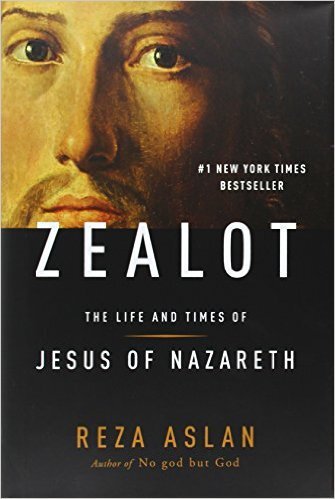
Zealot, by Reza Aslan
“This riveting book brings to life the tumultuous time in which Jesus lived, looking at key personalities and events through a historical lens. The book is a vivid recreation of a harrowing time when everyone thought the end was at hand. Amazingly, the author accomplishes it all in under 200 pages.”
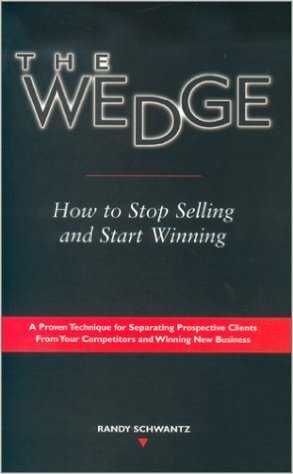
The Wedge, by Randy Schwantz
"I’ve used this book as an ongoing resource as it shows how to conduct client meetings and set yourself apart from the 'typical' financial adviser. This has taught me how to highlight my value proposition as a financial professional and become a stronger competitor.”
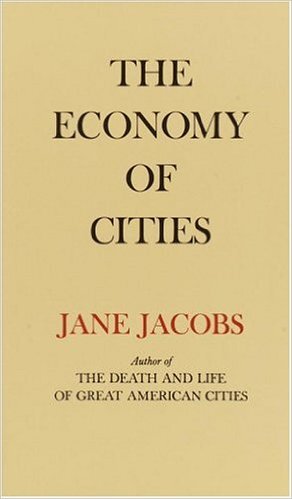
The Economy of Cities, by Jane Jacobs
"This classic helps readers take a deeper look at what champions development of cities, posting a juxtaposition between its driving forces. A true brain teaser: Which factor comes first? Agriculture or industrialization? Jacobs' methodical way of presenting her themes could help advisers frame their investment strategies and take an alternative look at their business approach."

Readers' recommendations:
If you have any suggestions for books, podcasts, music or any reading materials that advisers should pay attention to, we want to know.
Drop us your recommendations at
The editor's desk.
Financial Planning, On Wall Street and Bank Investment Consultant






